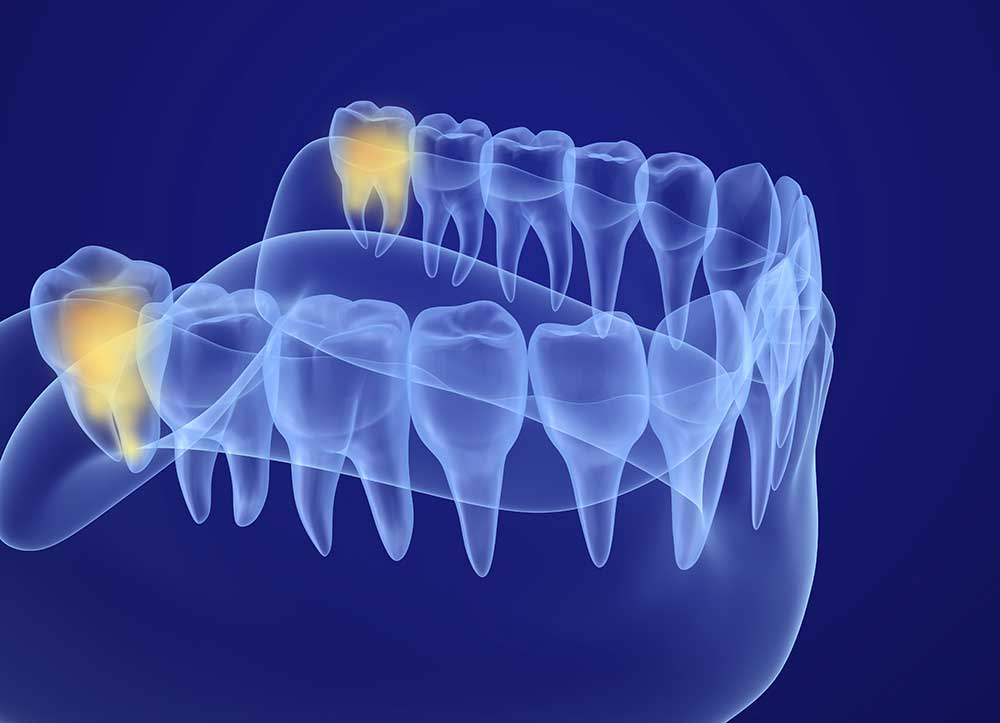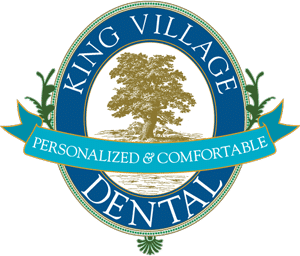

Managing Wisdom Teeth
What Is Wisdom Tooth Extraction?
Problems Caused By Wisdom Teeth
Even if they do not affect other teeth, wisdom teeth can be problematic in other significant ways. For example, sometimes they are partially covered by the gums. When this happens, food & bacteria often accumulate on & around the wisdom teeth, because the gum coverage—combined with their inconvenient position in the mouth—makes them difficult to brush & floss. This makes them more susceptible to tooth decay.
In some rare cases, wisdom teeth that don’t emerge can cause cysts to form in the gums above them. These can damage nearby teeth & bone. Even more rarely, the cyst might form a tumor, which can further damage your mouth & might require serious steps for removal.
Procedure Overview
The actual process of wisdom teeth removal is simple & painless. Depending on the situation, your dentist can perform the procedure, but it may require an oral surgeon’s expertise. Your dentist might refer you to an oral surgeon for complicated cases, such as teeth stuck under the gums. You will receive anesthesia or sedation, which come in a few different forms. Sometimes local anesthesia that causes localized numbing is enough, & you will feel pressure but no pain. Other times you will be sedated to a lower level of consciousness & will remember very little of the process. Rarely, you might be administered general anesthesia, be completely unconscious for the process & remember nothing afterward. In all of these cases, the wisdom teeth are removed while you feel no pain. When removed, any problems caused by your wisdom teeth should be resolved.
After wisdom teeth removal, it is important to listen to your dentist or oral surgeon’s advice on what to do. You do not want to cause any complications in the recovery process! While your practitioner will cover everything you need to know, there are some general tips that anyone who has just gotten their wisdom teeth removed should follow during the recovery process:
- Do not drink alcohol or smoke.
- Rinse your mouth very gently.
- Do not use a straw to drink.
- Do not blow your nose.
- Do not eat hard, crunchy or sticky foods—stick to soft foods like yogurt, broth & applesauce.
Some of these rules might be difficult to remember or seemingly insignificant, but it’s important to take them to heart—not doing so can make your recovery take longer! Following these general rules as well as anything else recommended by your dentist will ensure an easy recovery from your wisdom teeth removal.
